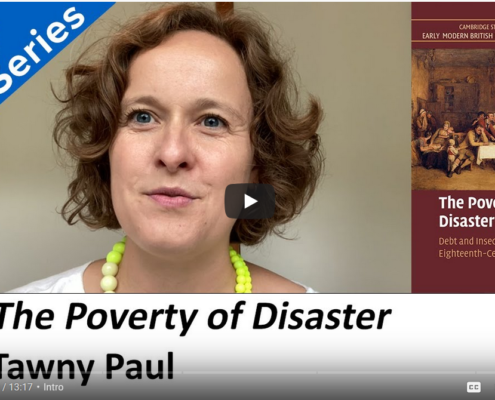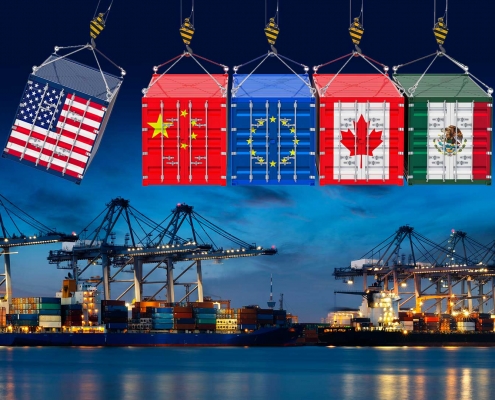Posts

LA Social Science Book Series on the Poverty of Disaster with Dr. Tawny Paul
In the latest interview of the book series, we learn that…

UCLA Professor Fajgelbaum Examines a “Return to Protectionism” in Recent Trade Wars
UCLA Associate Professor Pablo Fajgelbaum's fascinating research…

